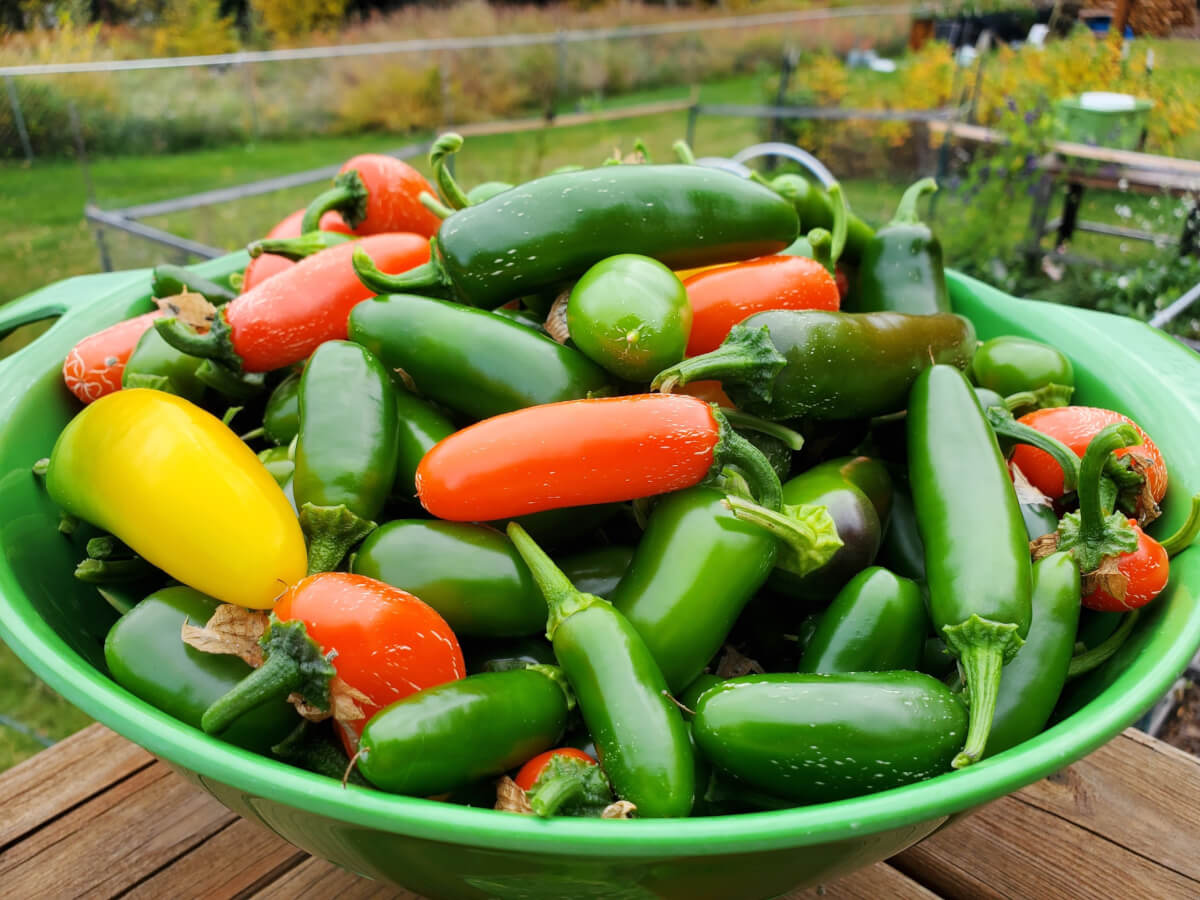Organic Vs. Synthetic Fertilizers: Which Is Best for Nurturing Healthy And Balanced Pepper Plants?
In the realm of nurturing healthy pepper plants, the choice between synthetic and natural fertilizers stands as a critical decision with significant ramifications. While both options aim to provide crucial nutrients to support plant growth, the subtleties of their effect on the soil, plant wellness, and the atmosphere stimulate an argument that echoes throughout the gardening neighborhood. Recognizing the distinct benefits and prospective challenges of each fertilizer type is important for pepper growers seeking to enhance their returns while preserving an eco-conscious and lasting method.
Advantages of Organic Fertilizers
Organic fertilizers offer an environmentally-friendly and sustainable strategy to beneficial pepper plants, supplying crucial nutrients without using artificial chemicals. These all-natural plant foods are stemmed from natural sources such as compost, manure, bone meal, and algae, advertising soil wellness and biodiversity. Unlike artificial fertilizers, organic alternatives launch nutrients slowly, making certain a well balanced and stable supply for pepper plants to prosper.
One considerable benefit of natural fertilizers is their ability to enhance dirt structure and water retention. By boosting dirt health and wellness, natural plant foods promote beneficial microbial task, which assists in nutrient uptake by pepper plants. In addition, natural fertilizers lower the danger of chemical run-off, shielding water sources from air pollution and guarding the atmosphere.
In addition, organic fertilizers add to lasting soil fertility by advertising the growth of useful soil organisms. These microorganisms aid damage down organic matter, releasing nutrients in a form that is quickly accessible to pepper plants. best fertilizers for peppers. By promoting a healthy and balanced dirt ecological community, natural fertilizers support sustainable pepper farming methods that profit both plants and the atmosphere
Disadvantages of Artificial Plant Foods
Artificial plant foods, as opposed to their natural equivalents, posture numerous disadvantages when used to nourish pepper plants, influencing both plant health and wellness and environmental sustainability. One significant downside of synthetic plant foods is their tendency to seep nutrients from the dirt swiftly. This rapid leaching can lead to nutrient discrepancies in the soil, causing plants to endure from toxicities or shortages. Additionally, synthetic fertilizers can harm valuable dirt microorganisms, such as earthworms and useful microorganisms, interrupting the soil community's equilibrium.
Furthermore, the overuse of synthetic fertilizers can add to water contamination. Excess fertilizers not taken in by plants can remove into water bodies, leading to eutrophication, where algae blooms diminish oxygen levels in the water, damaging water life. In addition, artificial fertilizers are commonly stemmed from non-renewable sources, such as nonrenewable fuel sources, contributing to carbon exhausts and environmental deterioration throughout their manufacturing.
Nutrient Absorption Contrast
When contrasting natural and artificial fertilizers in terms of nutrient absorption, natural plant foods have the advantage of supplying a more balanced and slow-release source of nutrients. Organic fertilizers include a selection of macro and micronutrients that are not just helpful for the plants however also promote healthy dirt microbial activity, which aids in nutrient uptake.
Additionally, natural plant foods improve soil framework and water retention ability, allowing pepper plants to accessibility nutrients more successfully. This enhanced soil top quality facilitates origin growth, making it possible for much better nutrient absorption. Synthetic plant foods, although originally boosting plant growth because of their high nutrient focus, may hinder long-term nutrient absorption by derogatory dirt wellness with time.
Environmental Impact Considerations

On the other hand, artificial plant foods, although usually more immediately readily available and focused to plants, can have destructive effects on the atmosphere if not used properly (best fertilizers for peppers). Their production calls for high energy inputs, resulting in greenhouse gas discharges and adding to climate change. Moreover, the runoff of excess artificial plant foods can infect water resources, bring about eutrophication and harming water ecosystems.
Finest Fertilizer Practices for Peppers
To accomplish this, it is essential to adhere to finest fertilizer techniques tailored to the particular requirements of pepper plants. One important method is to perform a soil examination before applying any plant foods.
One more essential technique is to fertilize pepper plants at the correct time. Commonly, peppers take advantage of receiving fertilizer at growing and then once again when they begin to flower. Over-fertilizing can cause vitamins and mineral imbalances and hurt the plants, so it is important to follow suggested application prices.
Additionally, selecting a well balanced fertilizer with an NPK ratio that fits pepper plants' needs is essential. Ultimately, combining organic and synthetic plant foods judiciously can assist nurture healthy and balanced pepper plants while lessening ecological impact.
Final Thought

Organic plant foods provide an environmentally-friendly and sustainable technique to nourishing pepper plants, providing essential nutrients without the usage of synthetic chemicals. Unlike artificial fertilizers, natural options Full Report launch nutrients gradually, ensuring a well balanced and steady supply for pepper plants to grow.
Artificial fertilizers, in comparison to their organic equivalents, present numerous negative aspects when used to nurture pepper plants, affecting both plant health and wellness and environmental sustainability. When comparing artificial and natural plant foods in terms of nutrient absorption, natural fertilizers have the advantage of supplying an extra balanced and slow-release source of nutrients.Furthermore, natural fertilizers enhance dirt framework and water retention capacity, enabling pepper plants to gain access to nutrients a lot more successfully.